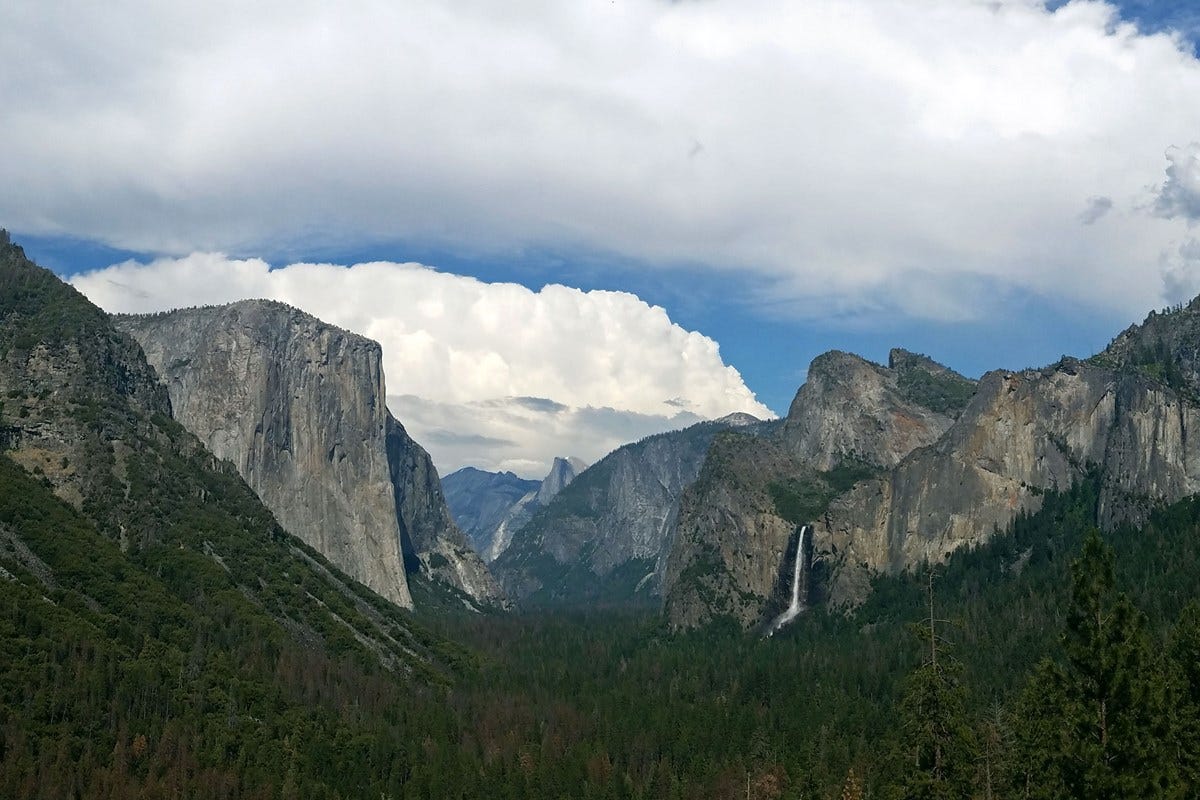
“Metals make up a significant fraction of Chinese exports.”
“Unfortunately, purchasing metals from China indirectly funds their military, increasing tensions in the Asia-Pacific region.”
“People in the surrounding area, especially in Taiwan, India, and China itself, are exposed to increased risk of war.”
“California has extensive metal deposits throughout the Sierra Nevada mountain range. If mined and sold, a moderate amount of money could be diverted from the CCP military-industrial complex.”
“The Sierras consist mostly of protected land. Americans are selfishly increasing the risk of political destabilization in Asia, and the huge death toll that war would bring, for the primary purpose of recreation. The optimal action is to clear the forest and begin mining.”
A friend from Asia presented this argument to me some time ago, as we were sitting on the north beach of Lake Tahoe.
I responded, with surprising fervor, that I would gladly take up arms to protect those mountains. That the defense of Yosemite would be millions strong. That the Sequoias would only be felled over my cold body.
He didn’t mention it again.
I don’t know exactly how the numbers work out: whether there’s enough metal in the Sierras to displace Chinese exports, whether metal sales actually contribute in a meaningful way to the Chinese military, what the actual risk of war is and how many deaths that would entail. However, in principle, cutting the forest down could maximize the expected global utility. So I can’t support utilitarianism.
Utilitarianism fails to reckon with the sacred.
It does not feel the momentary loss of balance as I look up, up, searching for some reassurance that the orange-red bark does not continue to infinity. It does not know, to quote Anatoli Boukreev, that the mountains are the cathedrals where I practice my religion.
It cannot comprehend that an Earth where the Sequoias no longer rake the blue California sky is not my beloved Earth anymore.



The obvious counterargument is that this is not utilitarianism. True utilitarianism would account for the utility of preserving California’s wilderness for generations to come. The underlying critique there is that it is impossible to quantify the effects of any action in “utils”, because any single action can have an infinite number of side effects, which can all be valued differently by different people.
This reads more like a critique of traditional “hand of the market” capitalism, which actually is, by definition, unable to account for the long term effects of actions. The national park system is a perfect example of the government having to step in to prevent capitalism from sucking short term gains out of a long-term valuable system!